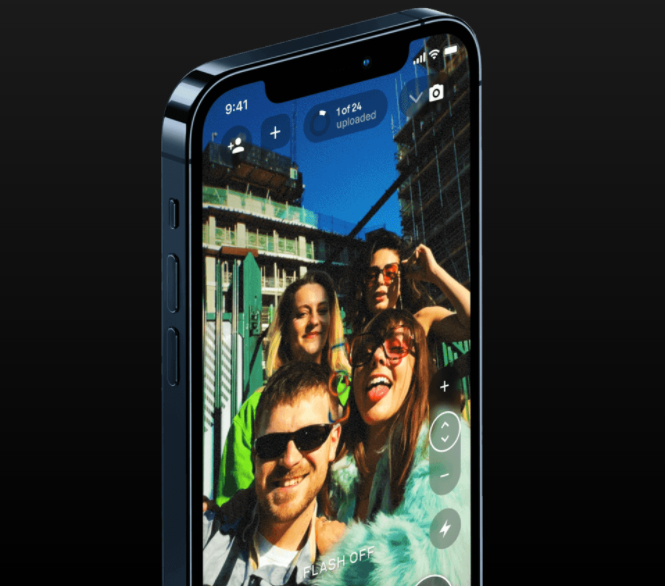In a historic move that heralds the future of electric mobility, Detroit, the iconic birthplace of the US auto industry, has officially unveiled North America’s first wireless-charging public roadway for electric vehicles. This initiative was kickstarted in February 2022, with Michigan Governor Gretchen Whitmer and the Michigan Department of Transportation (MDOT) awarding a tender to Electreon to deploy a one-mile wireless Electric Road System in downtown Detroit.
The pivotal undertaking is a collaborative effort between the city, MDOT, and Electreon, aimed at revolutionizing the power and operational dynamics of electric vehicles. The wireless-charging roadway features copper inductive charging coils embedded beneath the surface of a quarter-mile stretch along 14th Street.
These advanced coils have the unprecedented capability to transfer electricity wirelessly through a magnetic field to vehicles equipped with Electreon receivers. This groundbreaking technology enables the seamless charging of vehicle batteries while they are in motion, idle, or parked above the charging coils. Notably, the coils are activated exclusively when a vehicle with a receiver passes over them, ensuring the safety of pedestrians, motorists, and animals using the roadway.
The initiative introduced by Governor Whitmer in 2021 holds a pivotal role within the Michigan Central Innovation District, aiming to address the challenges within the mobility landscape. Notably, Ford Motor Co. is actively involved in restoring the historic Michigan Central train station within the innovation district, with the vision of transforming the station into a central hub for developing self-driving vehicles.
As part of a five-year commitment, MDOT and Electreon plan to develop and test an electric road system on Michigan’s roadways. Additionally, it is reported that MDOT plans to solicit bids for the reconstruction of a section of Michigan Avenue (US-12) in 2024, with the installation of additional inductive charging infrastructure.
Moreover, Electreon has secured contracts for similar projects in Israel, Sweden, Italy, and Germany, indicating the international adoption and future potential of the innovative technology. The overarching goal is to reduce battery size, weight, and cost, while addressing concerns related to range anxiety and emissions.
This ambitious effort underscores Detroit’s commitment to advancing futuristic mobility and pioneering innovative solutions for everyday mobility practices. With a combination of state-of-the-art infrastructure, forward-looking technology, and collaborative research, the city is well on its way to shaping the future of electric mobility and sustainable transportation.




